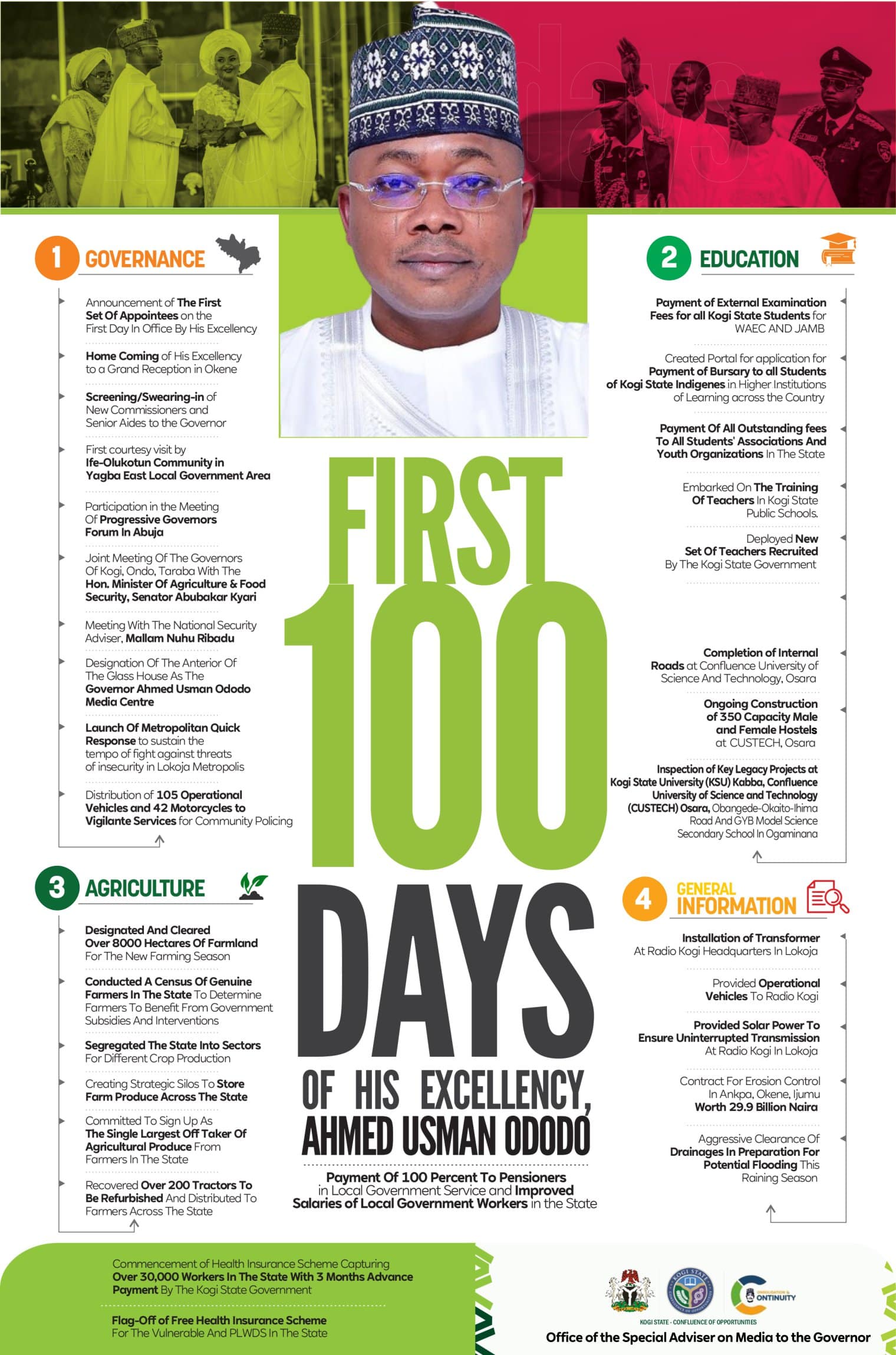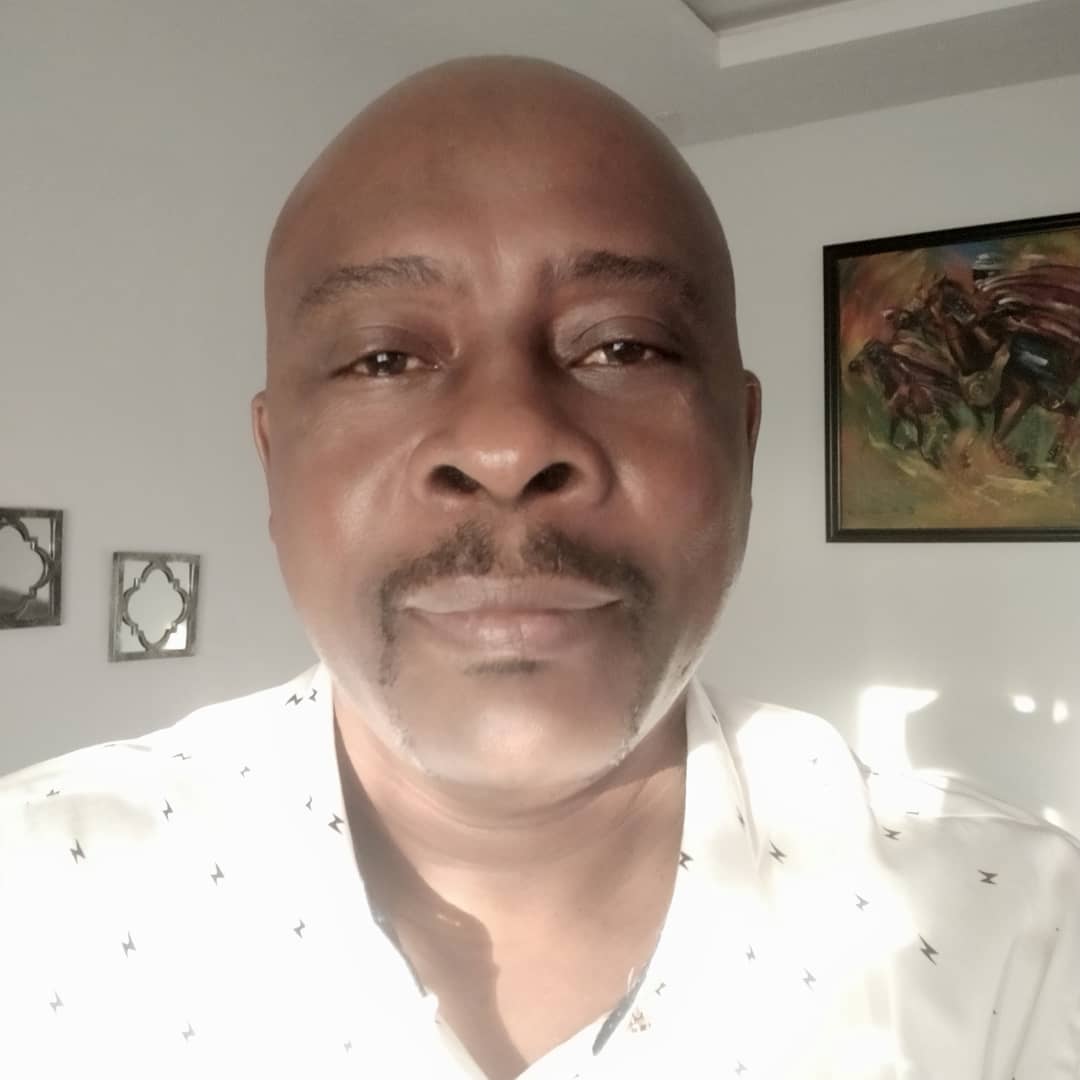The NTA program Good morning Nigeria has done it again today, as dutiful Kingsley and Claire hosted the minister of state petroleum, Temipre Sylva in the studio, and the minister of finance, Zainab Ahmed via zoom. The topic was a continuation of the matters arising from the fuel price hike brouhaha.
In her characteristic posture of speaking with the seriousness of a sincere person, minister Zainab elaborated on reasons for deregulation, saying the aim is for the government to leave the market to the market forces, and not continue strangulating it through undue regulations.
She said deregulation entails overseeing and supervising the economy in a manner that would largely be a hands-off approach by the government, which would limit it’s role mainly to oversight.
In essence, this means the government does not interfere with the businesses in a day-to-day manner, and act only when specific complaints against businesses are brought before it.
With deregulation, the government would not set prices of the product, rather, they would be determined by the market forces of demand and supply.

All over the world, deregulation has been the way to go, because encouragement is given for the markets to globalize their economies and open up to foreign competition, as well as liberalize their economies internally. That way, domestic firms are able to compete freely without the heavy hand of the government.

Read Also:FG announces remaining days to end registration for 774000 jobs(Opens in a new browser tab)
The minister gave example of the benefits derivable from the establishment of the Dangote refinery at the Lagos Lekki Free-trade zone, which is an area where goods would land, be manufactured or reconfigured, and re-exported without the intervention of government revenue agencies like the customs service.
Apart from improving on local content and providing employment to Nigerians, by virture of proximity and the advantage of location, the refinery would reduce the burden of fuel freight and make buyers enjoy the advantage of low cost of production.
Particularly interesting is the good news from the minister of state petroleum, Timipre Sylva, that the proceeds of tariffs are going to be used to kick start the process of converting vehicles from the single use of petrol, to the dual use of petrol and gas. This he said would commence from October, and at no cost and no harm to the vehicle owner.
He said President Buhari is so concerned about the welfare and well being of the ordinary man, hence his long term resistance to deregulation.
But having been convinced about it’s merits and inevitability, the President submitted, but insisted that the customer must be given a choice.
Under the arrangement of conversion, vehicle owners would be encouraged to take their vehicles for conversion to accommodate the use of gas, which is cheaper, cleaner and environmentally friendlier.
Emphasizing that everything that can run on petrol fuel, can also run on gas, including the small generator popularly called “I pass my neighbor”, minister Temipre said deregulation would also help fix comatose refineries, that would make the supply of both the petrol and gas easy and competitive.
Another interesting takeaway from the talk is the revelation that under the planned deregulation, investors’ interest would not be limited to Upstream or Downstream operations, where only those with heavy capital can partake in exploration and production, or refining. Now people would be free to partake in the midstream, which is the processing, storing, transporting and marketing of oil, natural gas, and natural gas liquids through the pipelines.
The president is therefore putting the country on a journey from crude oil to gas, with the ultimate intention of arriving at the point of using renewable energy, one day.
It is important to note that, while deregulation brings many advantages to businesses, especially because the businesses are left to themselves to determine their operational processes and strategic importance without government’s interference, it is not to say everything goes without some pitfalls.
There are some disadvantages, which may come from too much liberalization in the form of the businesses having more power than before, leading to arrogance towards the consumers, especially those who cannot pay more for products because of their socio-economic condition.
We have seen that with some telecom service providers, after the privatization of the telecom industry, but the government can quickly deal with that through prompt legislation and additional incentives that would trigger more competition. That way, the consumer can still be the biggest beneficiary, provided he cashes in on his ability to choose.
The interactivity of the program permitted people to comment through twitter, and I found one of the comments most arousing in interest and curiosity. Someone raised the issue of deregulation coming to exacerbate the conflict of interest between the bourgeoisie and those in the working-class. He felt the market would be for the rich, while the poor would emerge only as a victim.
But the minister was quick to point out that, the reverse may even be the case, because deregulation would benefit the consumers more, as they can directly participate in efficient purchase and efficient consumer behavior, which would in turn reward them with superior customer service, propelled by competition.
He gave example with Kerosene, which was long deregulated, but no one is complaining, despite the fact that it’s the main fuel or commodity of the common man.
Yes, while I see today’s show as exposing the hypocrisy of the elites, some of whom are complicit in the collective scam against the poor, I call on the government to be more circumspect, in the management of the flow of forex under Godwin Emefiele as the CBN governor.
We should clap our hands in applaud of the government, for tying the tariffs to a transition that would see the transformation of the economy from clumsy and expensive petrol, to cheap, clean and graceful gas.
Indeed the show was well presented, but as usual, the producer, who happened to be Ibrahim Wada, was again unacknowledged. But I hereby acknowledge and applaud him on my own.
Bala Ibrahim, a Media Advisor writes from Abuja



63000 840032A thoughtful insight and suggestions I will use on my weblog. Youve certainly spent plenty of time on this. Thank you! 239963